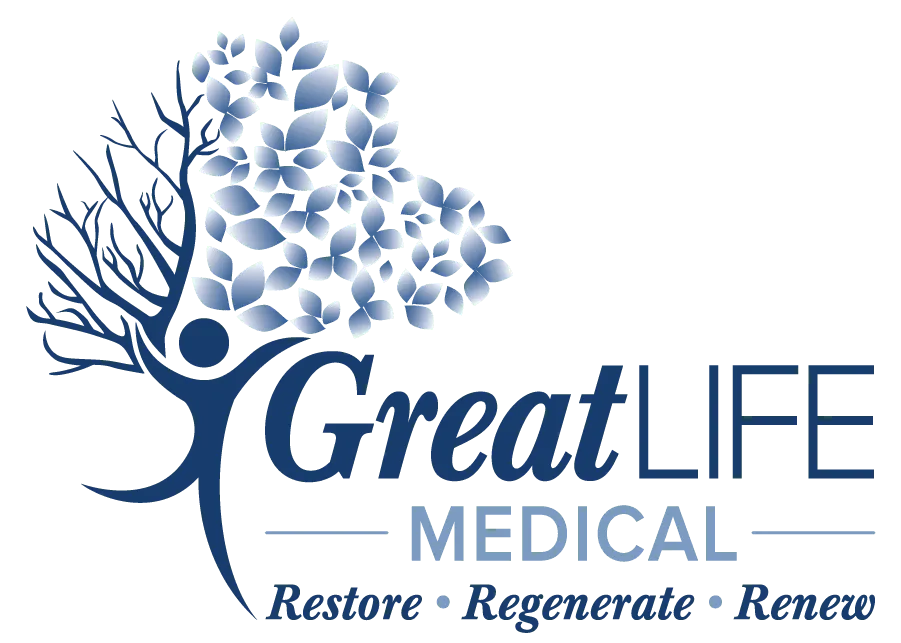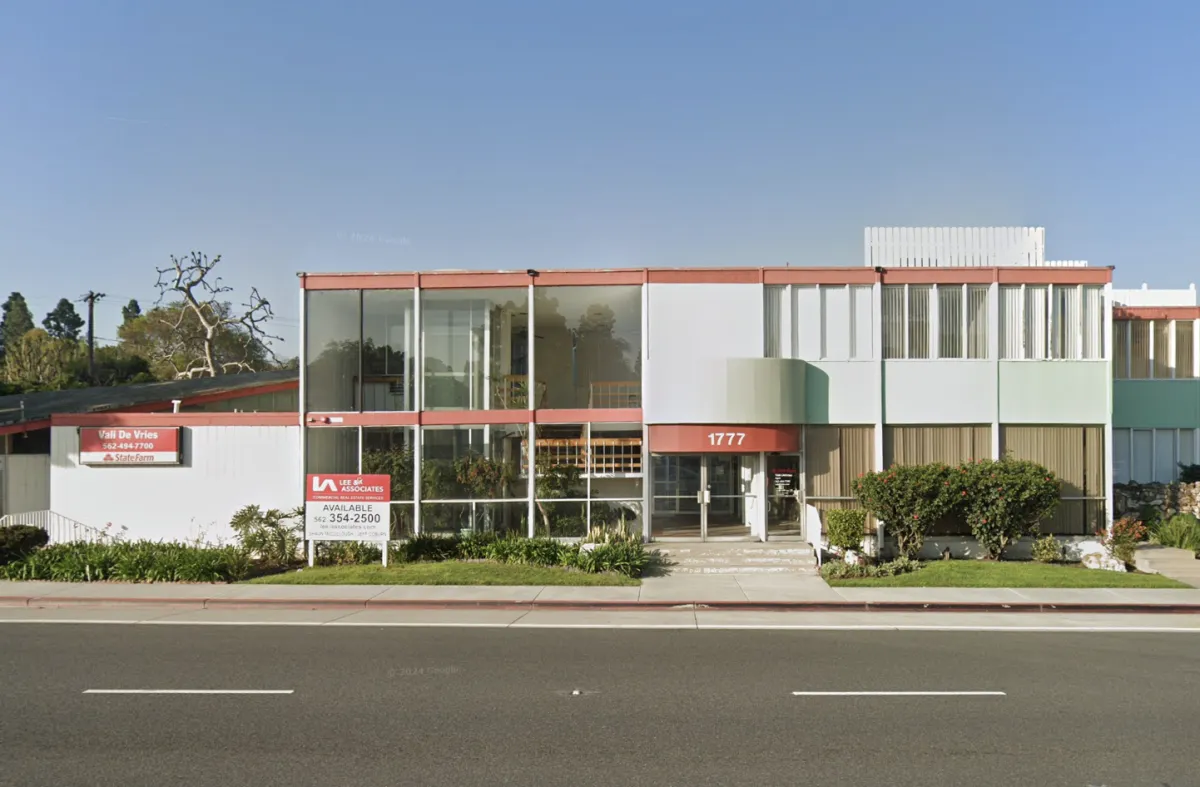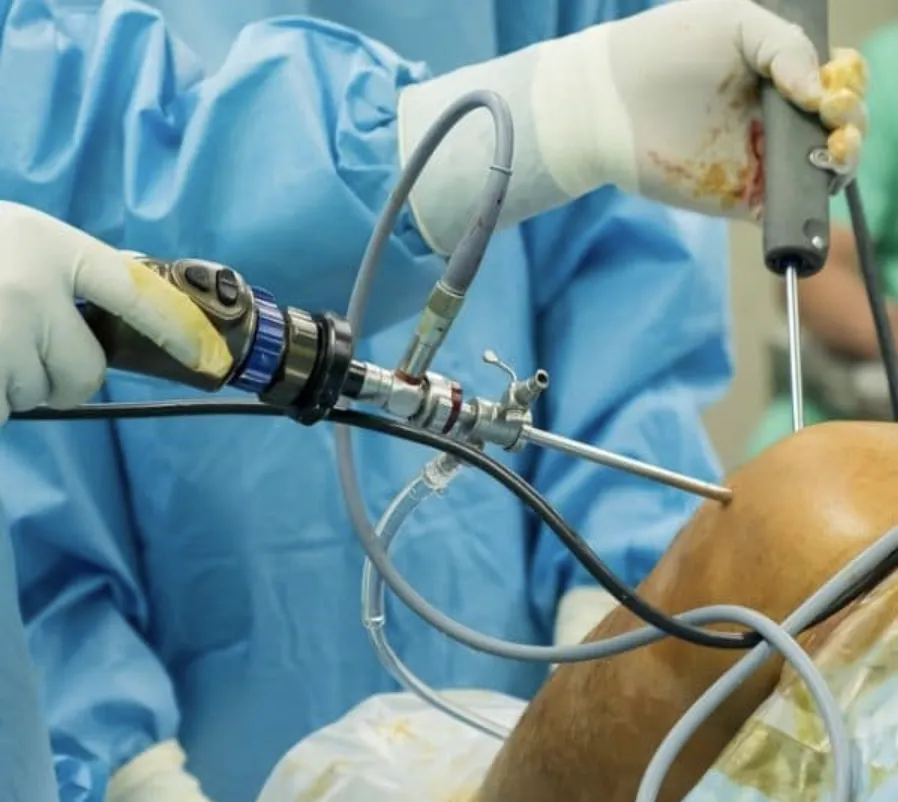
Call or Text Our Front Office Today:
Finally, A Non-Surgical Solution To Chronic Shoulder, Elbow Or Joint Pain...
Get Started Living Pain Free
For Only $$21.
Call 562-609-3242
To Take Advantage Of Our
Bio Mechanical Assessment, Report of Findings & StemWave Therapy Session..
Your Alternative to Shoulder Surgery
Surgical options for those dealing with chronic knee issue range from arthroscopic knee surgery to total knee joint replacement.
Recent research has shown that some of the most popular Arthroscopic Surgeries have no real benefit (including meniscus surgery).
Knee replacement is extremely traumatic and carries new-found risk of toxic wear particles entering the blood stream.
Surgical risk aside, all surgeries minimally require months of painful rehab to regain strength and mobility. Most surgeries also accelerate the cascade of degeneration that leads to osteoarthritis.


Surgery is sometimes the obvious solution for severe cases and we acknowledge that we cannot treat everything.
However, we have seen exciting results on difficult cases, such as complete muscle and ligament tears, and we have helped thousands of patients with severe arthritis avoid knee replacement and continue to do the things they love with little or no pain.
Most Great Life Medical PC patients experience little or no downtime from their procedure and are encouraged to return to activity as they begin to feel better.

Contact us today!
1777 North Bellflower Boulevard #109, Long Beach California 90815
© 2023 [email protected]. All Rights Reserved.